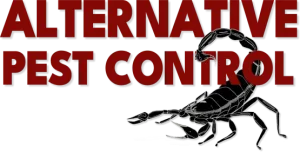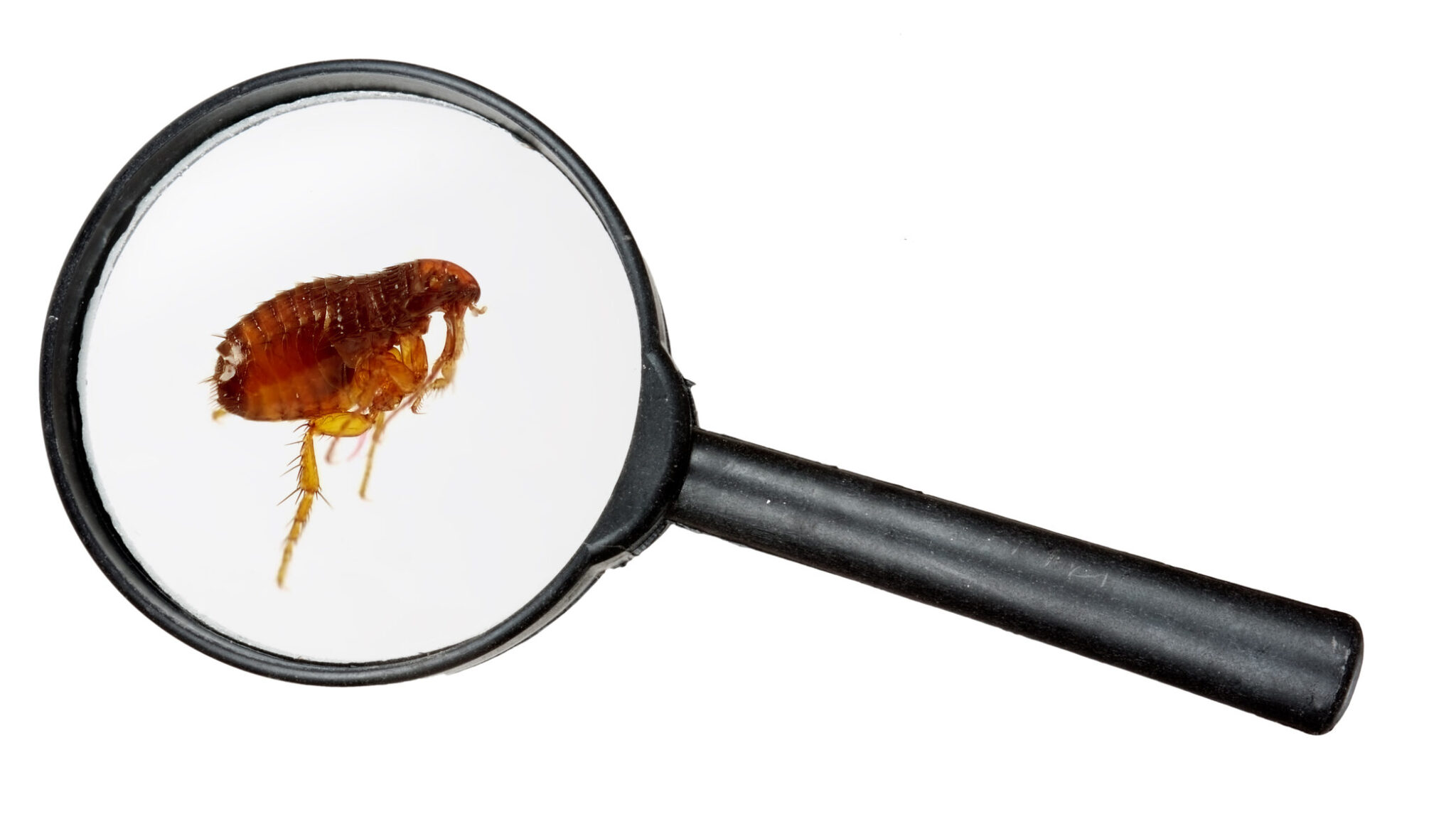Dealing with fleas in the Texas Hill County can be a chore because they thrive in the humid environment. Here in Canyon Lake and the surrounding areas what we lack in deer ticks we more than make up for with fleas. Here is the short and simple way to get rid of fleas in your home.
Identification
Adult fleas are about 1/8” long, oval shaped, and reddish or brownish color. They are very smooth which allows them to move through the fur or feathers of their host. They feed on the blood of the host and then lay eggs, 25-40 per day. These eggs will eventually hatch 2-5 days later then go through 3 larval stages and a pupal stage. Eventually they will become adult fleas in about 2 weeks. Flea dirt is their droppings that you will find on pets, which looks similar to ground pepper, but is actually dried blood and fecal matter from the fleas feeding on pets.
Pet Treatments
The absolute most important aspect of flea control is to have the animals treated with products that kill fleas, preferably before they bite the animal. Some products on the market no longer work due to the fleas becoming resistant to the ingredients. Ask your veterinarian which products work the best for your animal. If the products work and kill the adult fleas before they lay eggs, that is super important in stopping the reproduction cycle. Even with proper treatments, you will sometimes have another emergence of adult fleas after 2-3 weeks, which come from flea eggs that are still hatching.
Sanitation
Vacuuming is the single most effective, easiest way to gain control of a flea infestation quickly. Vacuuming removes flea eggs and flea dirt as well as agitating floors to cause fleas to hatch and get sucked up by the vacuum cleaner. We always have people start vacuuming daily before we arrive to do a flea treatment and it helps speed the process tremendously. Just be sure the empty the contents away from the house so fleas don’t hatch inside the vacuum and then crawl back out!
Bathing the pets will also help wash fleas down the drain and rid them of the allergic reaction-causing flea dirt that will irritate their skin. Flea bite dermatitis is a very uncomfortable condition for the pet, causing severe itching, hair loss, and even some animals pulling their hair out to get to the fleas. Bathe with a safe flea bath product or dish soap that will coat the fleas.
Also wash any bedding where the pet sleeps or spends the majority of time. If animals sleep on the bed then wash sheets as often as possible until the situation is improved. Washing eliminates flea eggs much the same way vacuuming does, except they go down the drain.
Flea Treatments
Flea traps, which have a small nightlight with a glue trap underneath it are very effective at catching adult fleas that are left after vacuuming. You can also make your own with a nightlight and small bowl of dish soap and water to drown fleas as they jump towards the warm light, thinking it is a host animal. They are fairly effective and a good monitoring device.
The most effective and fastest flea-killing insecticides contain permethrin, imidicloprid, and dinotefuran. They should also contain an insect grown regulator (IGR), methoprene or pyriproxyfen, that disrupts the flea egg/larval development and preventing future generations from being able to develop and survive.
Aerosols are easier to use than liquid concentrates and dry faster. All bedding, fabrics, carpets, rugs, and cushions should be treated. Flip couch cushions and treat both sides as well as the cracks around the cushions. Anywhere an animal rests there will be flea eggs that drop off the animal when it scratches.
Foggers or bug bombs are not recommended since they concentrate the chemical up into the air above the can and not down in the carpet fibers where the fleas and larva spend most of their time.
Yard Treatments
Yard treatments may be necessary, especially if there are wild animals that walk the premises. Deer, squirrels, possums, cats, dogs, skunks, raccoons, and most other mammals can be infested with fleas. Those flea eggs will drop off the animal and hatch in your yard, then get on your pets. Yard treatments aren’t always necessary but sometimes help gain control of a heavy infestation. Fresh animal carcasses can also be heavily infested with fleas, as well as sick or dying wild animals.
Professional pest control experts will have equipment and proper products to treat your house, yard, crawlspace and other problem areas. Plus we know what products work and what doesn’t!
Be sure to check out our other posts if you need information about controlling other pests!
Give us a call if you need help with a flea problem, or have questions about products or treatments. We have lot of resources and have pets of our own so we can guide you into having a flea-free home!



